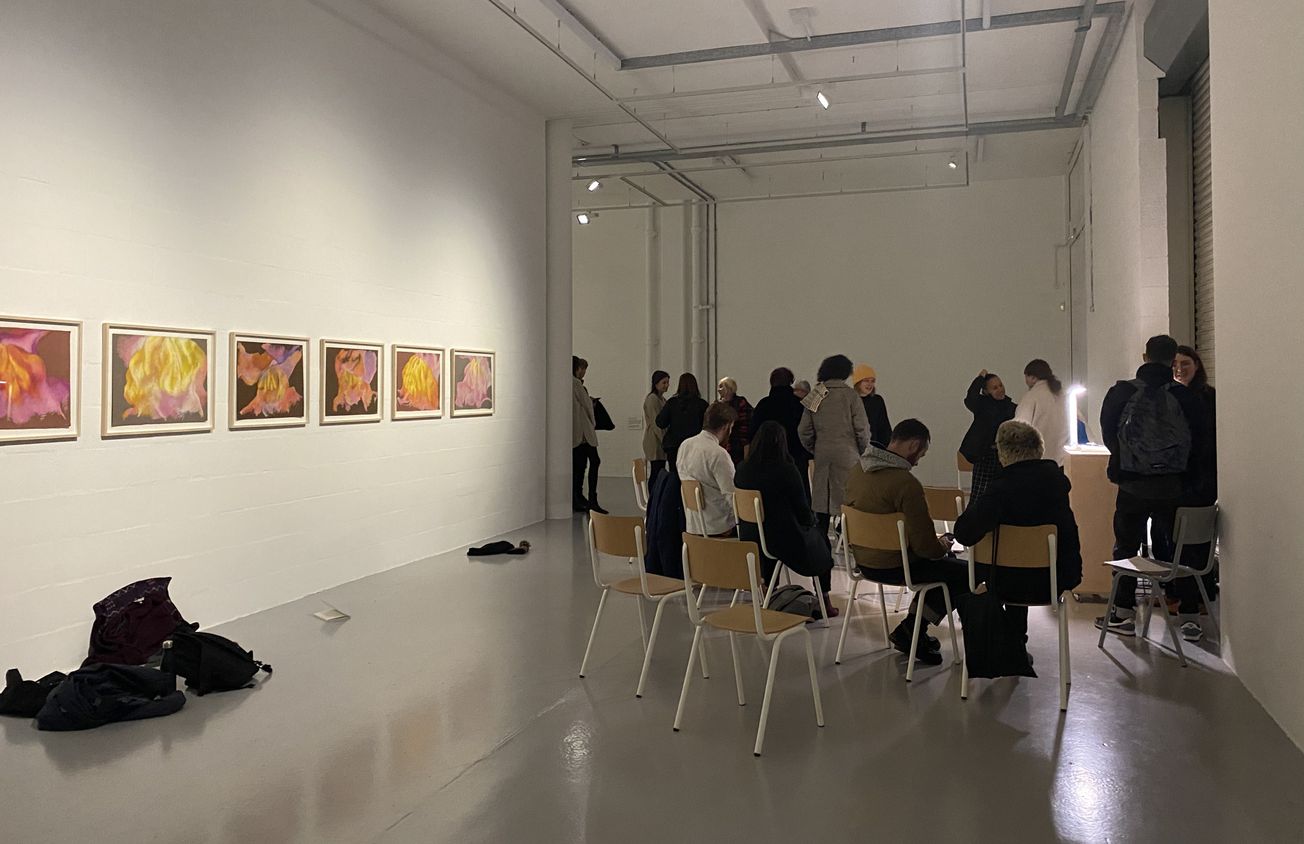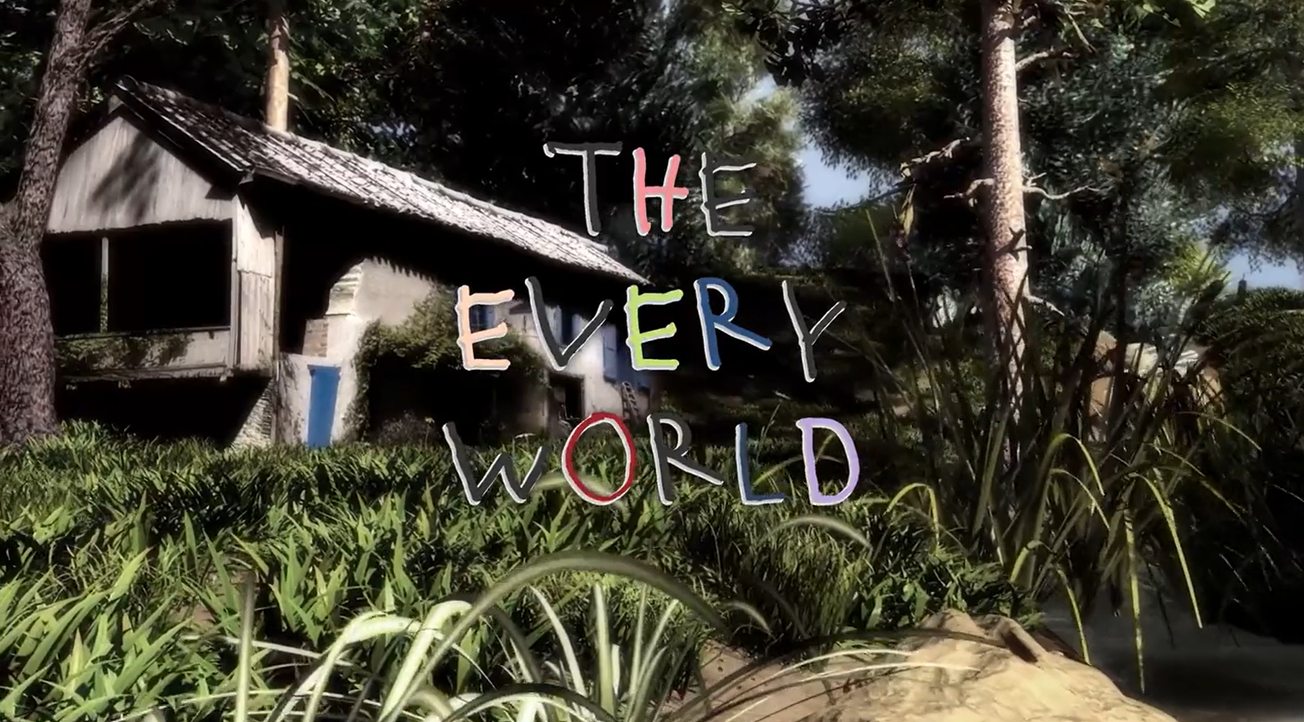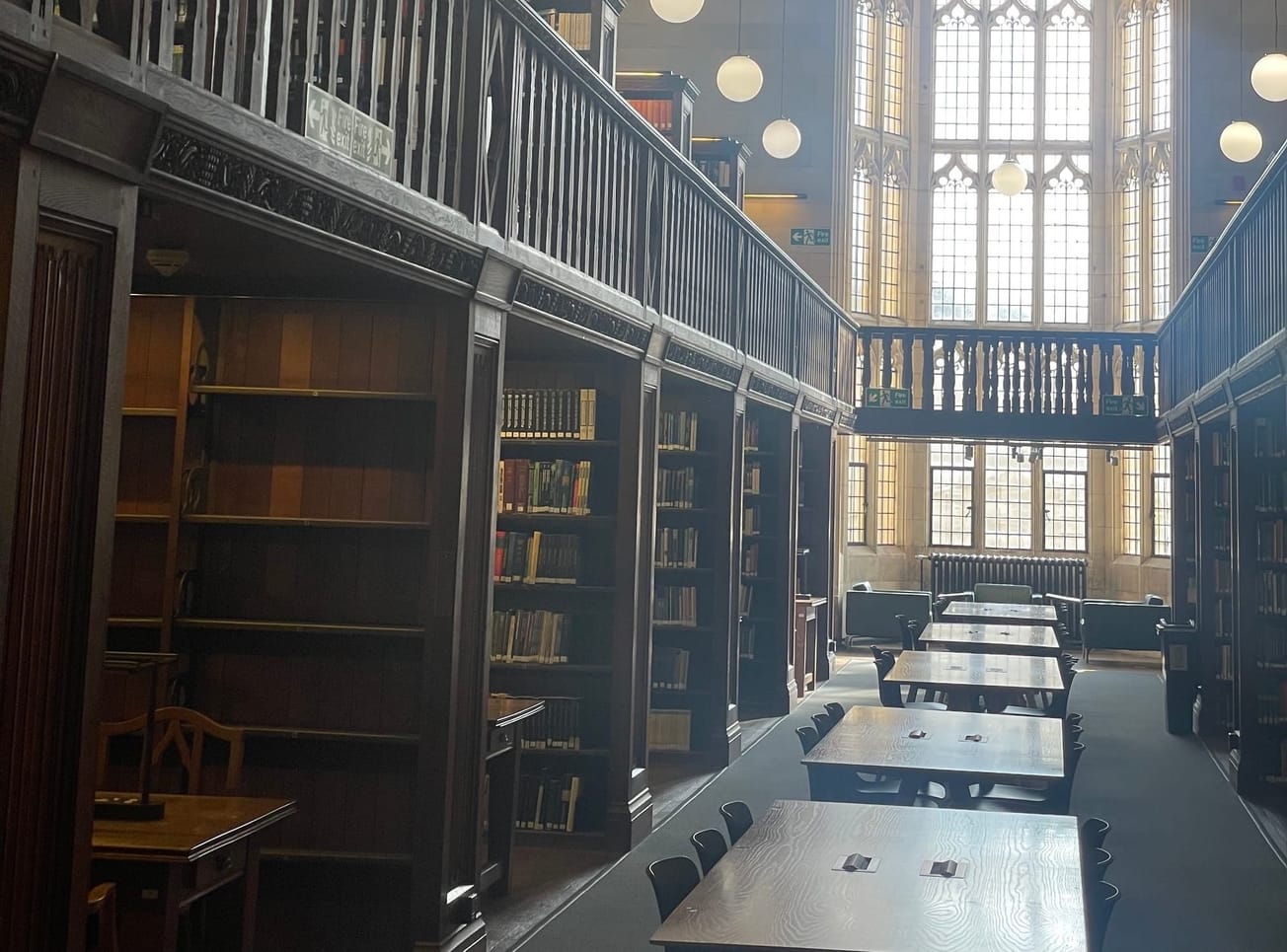Yazmin Sadik, Second Year English
This year, the annual reading of Bernadette Mayer’s epic poem, Midwinter Day, fell less than a month after the artist sadly passed away. The collective reading marathon marked a celebration of her life as well as her work - which permeated through not only the mouths of the readers, but the walls of the room.
Mayer’s art formed the backdrop of the space and snaked round the corner of the studio, meaning in the hourly reading breaks we could follow their trail and explore her mind visually. Names of characters were echoed from the story onto the canvases, and the hazy reverberations of another reading at the far end of the room perfectly encapsulated the intimate environment of the reading.
The day-long event, paired with the chilling weather that accompanied my journey to Spike Island that evening, felt even more appropriate in reliving the one December day Mayer took to complete the book-long poem.
Midwinter Day, described by the poetic speaker as ‘a book that would end before it started in time’, evaded a chronological narrative, which made it the perfect text to walk in and out of without disrupting our understanding of the poem. I arrived during the end of part four, planning to stay for an hour, however, I found myself entranced in place until its conclusion in part six.

Midwinter Day was composed by a string of musings which, in the speaker’s words, aimed to ‘translate the detail of thought from a day to language like a dream’. The seemingly random digressions imitated the writer’s subconscious, and like dreams her thoughts were liberated from order or form.
The words fluidly moved between prose and verse on the page to discuss hilarious family anecdotes, made more ridiculous by the voice’s dismissive tone; deeper musings on what drove her to write, such as love and memory; themes of motherhood and feminism; what existing as a poet meant to her; random societal observations like the pricings of food that year; and personal notes to her friends, often in the form of letters.
I had recently been studying both Shakespeare and Frank O Hara’s works before the event, and Mayer’s continuous references to these artistic influences - also mentioning Robert Browning, Talking Heads, and Chaucer – grounded the poem in the realism of our everyday lives. The narrator clearly desired to emanate her genius in her writing and her self-awareness as a narrator added a metafictional quality to the story.
She constantly addressed us as the reader, directly drawing us into her conversation as if inviting us to input our opinions.
Despite her obvious similarities with Mayer as a writer, their disconnection was emphasised by the sneaky self-appraisal Mayer included: ‘William Shakespeare has almost all the colours and so does Bernadette Mayer but I am a little bit darker’. Therefore, the unnamed narrator seemed to symbolise any artist whose work begins to reveal their subconscious fears and desires: ‘I thought I was going to write A story of my theories tonight Not this desirous essay on art and home, This alarming dictionary of reformist love’.

The experience of collective reading transformed the poem into a theatrical performance; books were scattered across the room acting as scripts for anyone to follow along with, and I watched new listeners intrude on the reading like the many unintroduced characters of the book. Each reader was ascribed a few pages of that cold December day in 1978, and as the event progressed, I felt unable to refuse an invitation to read.
Although I struggled with Mayer’s deconstructed use of grammar, - sentences often took up half the page and it became clear that I had to take my own pauses when I deemed it necessary - the poem’s free form gave the reader creative liberty.
I noticed other readers taking each extract at their own pace, influencing how the room reacted to the text by making us laugh when emphasising Mayer’s shocking jokes, or stirring the room to a silence when taking an earnest approach to more solemn extracts.
With Mayer’s final lines, I felt the warmth of the confessional poem thawing the winter that awaited the readers outside:
‘Welcome sun, at last with thy softer light / That takes the bite from winter weather / And weaves the random cloth of life together / And drives away the long black night!’
Featured Image: Courtesy of Yazmin Sadik
Did you attend Bernadette Mayer’s Midwinter Day Reading Marathon? What did you think?









